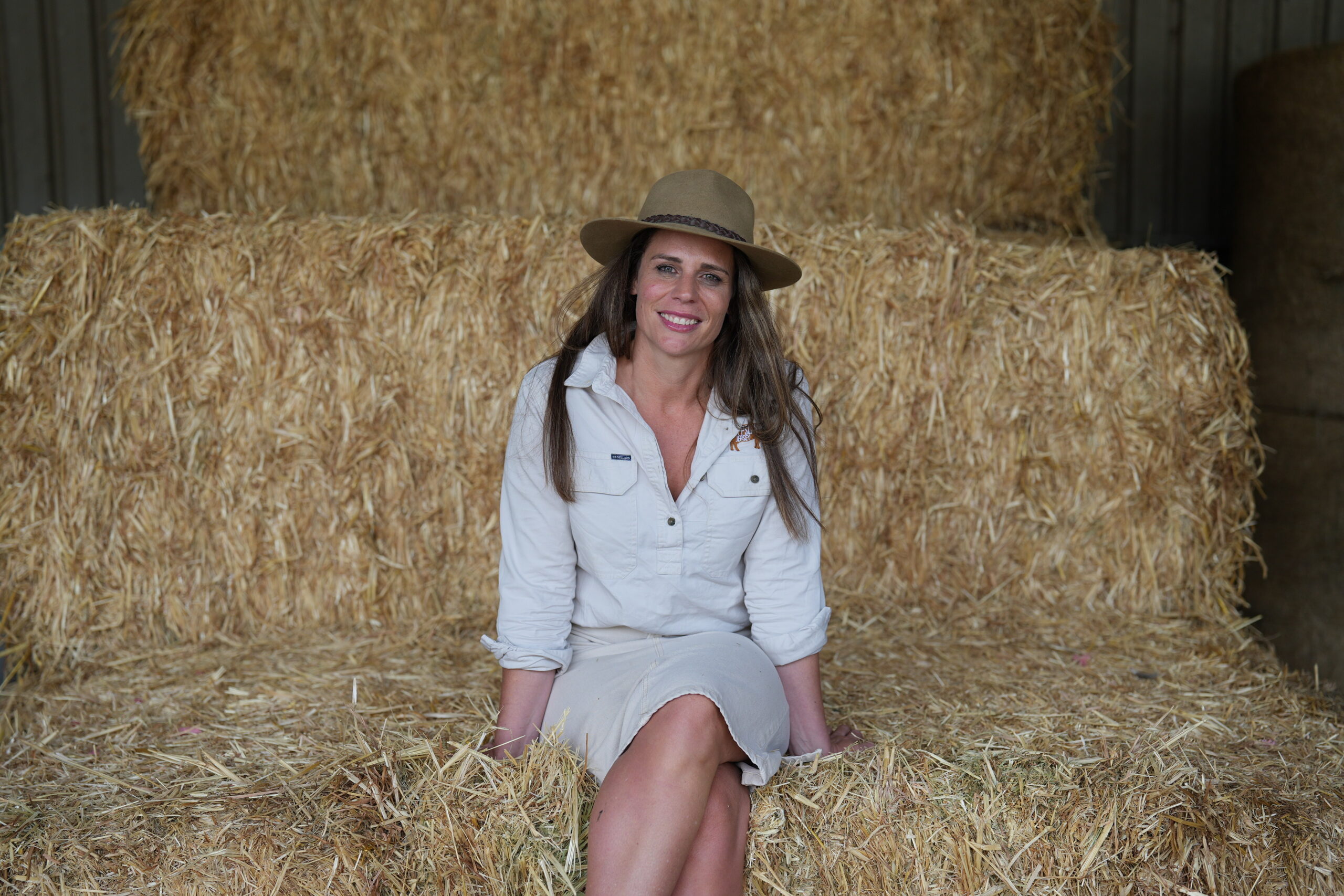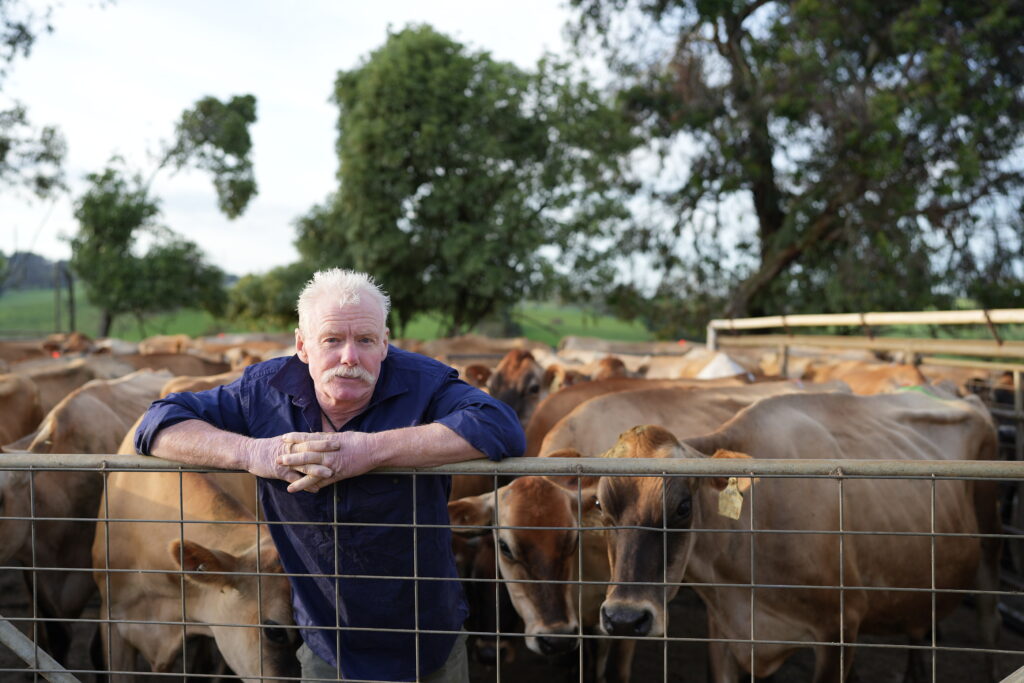It’s no secret that Australian farmers, especially those managing small or family-owned farms, are doing it tough. Financial pressures, compounded by reports of ‘unfair tactics’ from supermarket giants, recent natural disasters, and the isolation of rural life, are taking an unprecedented toll on their mental health.
The 2023 National Farmer Wellbeing Report found that more than a quarter of farmers say feelings of loneliness or isolation, combined with limited access to mental health services have had the biggest impact on their mental health over the past five years.
The report also found that in recent years, nearly half of Australian farmers have felt depressed, with almost two-thirds experiencing anxiety. Yet, even in the face of these challenges, farmers continue to show remarkable strength and resilience.
A calendar with a story
In early December, Gippsland Jersey, a milk processing factory in Lakes Entrance, invited local famers and their families to the launch their 2025 Dairy Farmer Calendar, co-sponsored by Wellways and the Mental Health and Wellbeing Local in East Gippsland.
Now in its seventh year, the free calendar features 12 inspiring dairy farmers from the region, sharing their lived experiences with mental health challenges. It will be distributed locally to spark conversations about mental health, aiming to reduce stigma and normalise seeking help.
At the launch event, dairy farmers opened up about the physical and emotional pressures they face daily. Some shared their lived experiences with suicidal thoughts or losing family members to suicide. Others spoke about the barriers to seeking help, including mistrust of larger mental health organisations due to negative past experiences with services.
The forgotten toll of Australian farmers
Sallie Jones, Co-Founder of Gippsland Jersey said, “Often dairy farmers are invisible. They’re not seen. They’re behind the farm gates, doing all the work, producing all the milk that feeds the nation, which is such an important job.” Sallie has a lived experience of losing her father, also a farmer, to suicide and she co-founded Gippsland Jersey in honour of her father, creating a milk supplier that places mental health at the forefront of everything it does.

Sallie Jones, Co-Founder of Gippsland Jersey
Guest speaker, Joe, a dairy farmer with lived experience of depression and suicidal ideation said that: “it’s okay to ask for help, and it’s okay to cry – you are needed and loved.” He also emphasised that dairy farmers value support from people within their own communities who truly understand the challenges they face.
A community that leaves no one behind
Susanna Bady, from the Wellways-led Mental Health and Wellbeing Local in East Gippsland, explained at the event how mental health services have been tailored to meet the specific needs of the local farming community.
“Farmers have their own unique lifestyle. It’s fantastic in a lot of ways but it can also be difficult. Farmers don’t have any control over the weather, over the prices, there is very little separation between work life and family life – and there is a lot of pressure to keep farming businesses going,” Ms Bady said.
“We love our farmers. Many of us at the Mental Health and Wellbeing Local have been, or are, married to farmers, and we want to make sure that they understand there is support if they’re experiencing mental health challenges, or alcohol and other drug issues, they can just walk through the front door, no referral needed, and get support from someone whose been there to work out how they can find their way through.”
Images courtesy of Gippsland Jersey.
No two Mental Health and Wellbeing Locals in Victoria are alike, because are designed to meet the unique needs of its own community. This includes offering peer support, counselling and community outreach services delivered by people from the local area.
All Victorian Mental Health and Wellbeing Locals, including East Gippsland, are centrally located and encourage walk-ins. You don’t need a referral to access support, and most importantly, it’s free.
Learn more on our Mental Health and Wellbeing Local Services service page.
